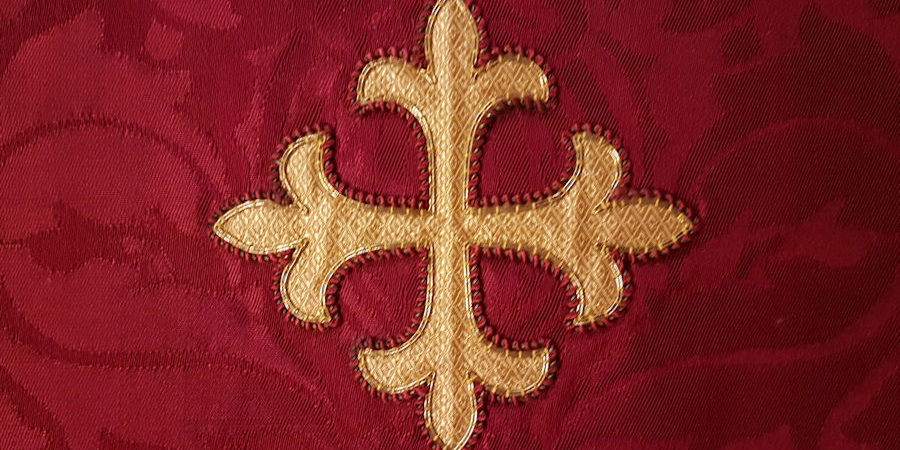Pentecost
Pentecost(from the Greek pentekoste, ‘fiftieth’ of fifty days of celebration)
has its roots in the Jewish Feast of Weeks, which was completed on the
fiftieth day after Passover. On the fiftieth day of Easter, God sends his Holy
Spirit to empower the Church to perform the mission which the risen Christ
has entrusted to it; and he inaugurates the messianic community of perfect
communication. Pentecost celebrates both the Holy Spirit and the Christian
Church. It was originally the crown and completion of the Easter season; only
later, in the medieval West, did it become a new festival season of its own.
After the Easter Vigil, the time of Pentecost was a preferred occasion for
baptism in early Christian centuries, and the services of Pentecost also
reflect this baptismal theme. Christ’s disciples are born again of water and
the spirit. There is some evidence that the ascension was first celebrated on
the fiftieth day of Easter, but it was soon moved to the fortieth day in
faithfulness to Luke’s chronology. Ascension and Pentecost are closely linked.
The risen Lord is no longer present to the Church in the body of his flesh;
the Church is now to be the new body of Christ, filled with his life through
the gift of the Spirit.

